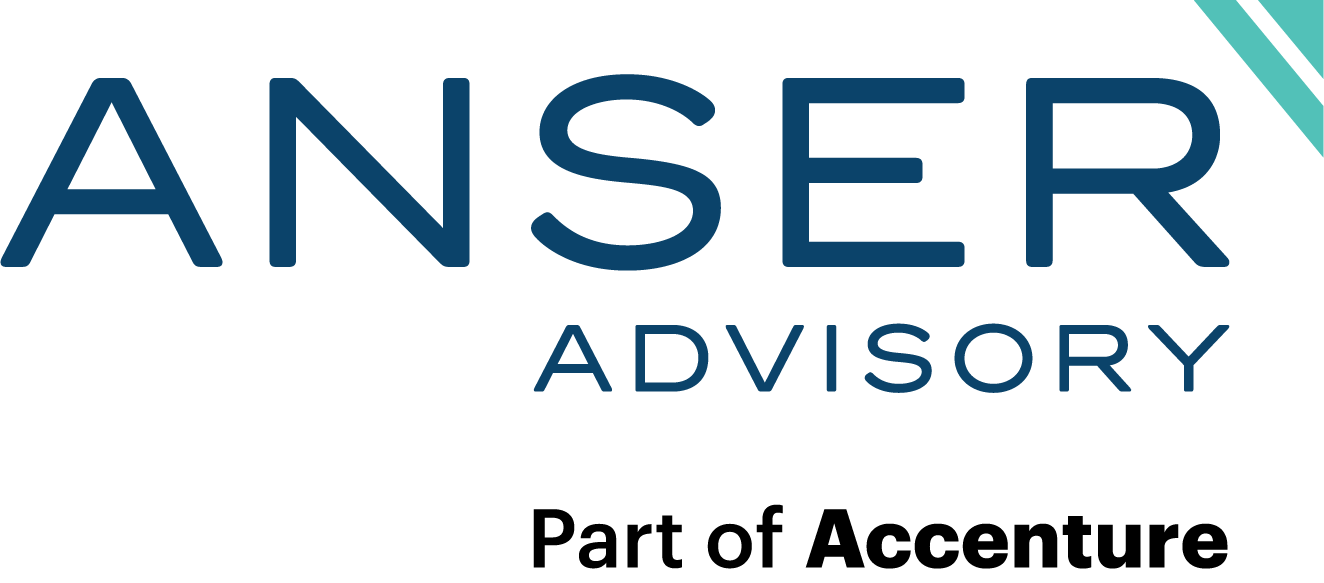For decades, the news about water infrastructure in the United States hasn’t been good. Development, treatment facilities, delivery systems, and restoration of natural systems have all been severely underfunded. But now, there is good news. There is a lot of funding available for infrastructure improvement, including water infrastructure.
When the scope is so huge, it's hard to get your head around it, but when an ancient pipe breaks and hundreds, or thousands, or tens of thousands of people are without water — when your own home is without water — aging infrastructure is a painful reality.
ARPA vs. IIJA
Cities and states have started investing in water infrastructure when they received funding from the American Rescue Plan Act (ARPA). This funding was not competitive, and the money was transferred directly to local and state governments based on calculations.
The Infrastructure Investment and Jobs Act (IIJA) is another source of funding for water projects. While the funding can be used for other purposes, such as ports, roads, or broadband, water is a priority. However, the IIJA is competitive, and applicants will be ranked based on a variety of criteria. Furthermore, there are different allocations of funding with tailored criteria, including a set-aside pot of money for small, rural, and underserved communities specifically for water infrastructure.
Texas Legislature to the Rescue
Despite the set-aside funding, small utilities often lack the expertise and support necessary for success. Even when they have plans, they may not know how to make those plans competitive. Federal and state governments have prioritized regional projects, but it can be challenging for small, rural, and underserved communities to participate in these initiatives. However, a bill is currently making its way through the Texas Legislature that will open new opportunities for collaboration.
State and federal funding allows leveraging, which means that federal dollars can be used as a match for state programs and vice versa. This gives all utilities greater flexibility and reduces the burden on customers. It provides smaller, rural utilities a real opportunity to get funding and get the work done.
Investment that Benefits us All
The clock is ticking, though. Funding is in year two of a five-year rotation, and once the funds are fully allocated, there’s no indication of another opportunity like this. Now is the time to act.
Investing in water infrastructure benefits us all. Water drives economic vitality, quality of life, and health. Although the need is substantial, spreading the costs over years and funding sources will help reduce the financial burden for end-users while increasing confidence in the safety and reliability of public utilities.
The infrastructure news is good. There is recognition that now is the time to invest in infrastructure to make up for lost time, neglect, and need. Water infrastructure is critical, and this investment will help to ensure that our communities have access to clean, safe, and reliable water.
Visit waterworks4texas.com today to learn more.
About the Author
Carlos Rubinstein
Water Policy Consultant, Anser Advisory

Rubinstein is an expert on Texas water policy. As chairperson of the Texas Water Development Board (2013-2015) he oversaw the implementation of the $2 billion State Water Infrastructure Fund. (SWIFT). He is a Board Member of the Texas Water Foundation and the Texas Water Trade. Rubinstein has served as the Texas representative to the Western States Water Council, and the Border Governors' Conference Sustainable Development worktable. Rubinstein served as a commissioner of the Texas Commission on Environmental Quality (TCEQ) from 2009–2013. He is a former deputy executive director of TCEQ and Rio Grande Watermaster. Rubinstein has appeared as an expert witness on various environmental cases and has published several peer-reviewed articles on Texas water policy. He is a former city manager for the City of Brownsville. Rubinstein earned a bachelor's degree in biology from Pan American University.
Robert Sheets
Leader, Government Services Group, Anser Advisory

Known as a man who gets things done, Robert Sheets has spent a professional lifetime helping advance the goals of local governments. His relationships with local, regional, and state governments, as well as the Department of Defense, have been instrumental in establishing public-private partnerships with a triple bottom line: good for the community, good for business, and good for the environment.


